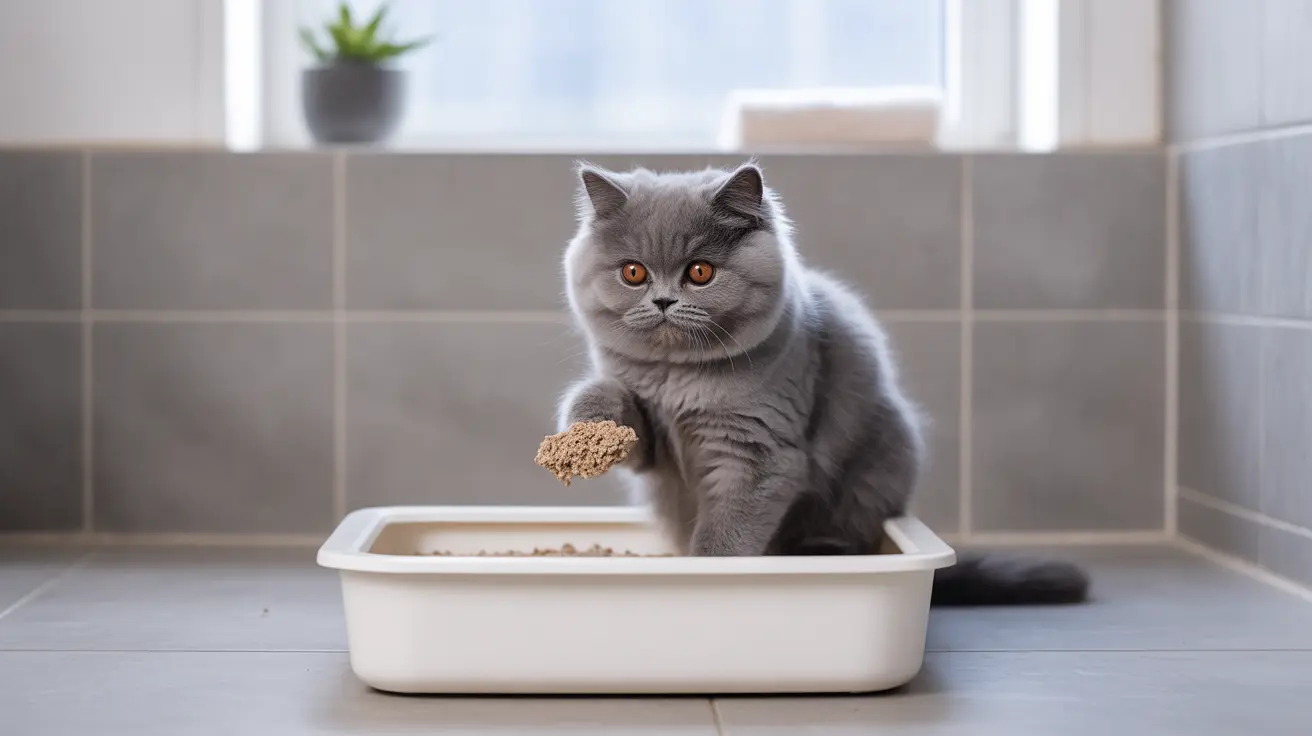Introduction
Understanding how often cats poop is crucial for monitoring your feline friend's health. While most healthy adult cats poop once or twice daily, individual patterns can vary significantly based on several factors. This comprehensive guide will help you understand what's normal for cats of different ages and when changes in pooping frequency might signal a health concern.
Whether you're a new cat parent or simply want to ensure your longtime companion is healthy, knowing your cat's normal bowel movement patterns can help you spot potential problems early and maintain their wellbeing.
Normal Pooping Frequency for Different Cat Life Stages
Adult Cats
Most healthy adult cats typically have bowel movements once or twice per day. However, some cats may naturally go every 12 to 36 hours while remaining perfectly healthy. What's most important is establishing what's normal for your individual cat and monitoring for any significant changes from that baseline.
Kittens
Kittens generally poop more frequently than adult cats due to their faster metabolism and frequent feeding schedule. Very young nursing kittens might poop 3-4 times daily, while older kittens transitioning to solid food usually settle into a pattern of 1-2 times per day.
Senior Cats
Older cats often experience slower digestion and may poop less frequently than their younger counterparts. Once-daily bowel movements are common in senior cats, though some may go less often due to decreased mobility and slower metabolism.
Factors That Influence Cat Pooping Frequency
Diet and Nutrition
The type of food your cat eats significantly impacts their pooping frequency. Cats on wet food diets typically have more frequent bowel movements due to higher moisture content, while those on dry food may poop less often but produce larger stools.
Activity Level
More active cats tend to have more regular bowel movements compared to sedentary indoor cats. Regular exercise helps stimulate healthy digestion and maintains consistent pooping patterns.
Health Status
Various health conditions can affect how often your cat poops. Digestive disorders, stress, or underlying medical issues might cause changes in frequency, ranging from constipation to diarrhea.
Signs of Healthy Cat Poop
Healthy cat poop should be well-formed, deep brown in color, and not overwhelmingly smelly. The consistency should be firm but not hard, similar to modeling clay. Any significant deviations from these characteristics might indicate a health issue.
When to Contact Your Veterinarian
Contact your vet if your cat hasn't pooped for more than 48 hours (24 hours for kittens) or shows other concerning symptoms such as:
- Straining in the litter box
- Blood in stool
- Dramatic changes in stool consistency
- Signs of pain or discomfort
- Significant changes in pooping frequency
Tips for Maintaining Healthy Bowel Movements
Ensure regular bowel movements by:
- Providing fresh water daily
- Maintaining a consistent, high-quality diet
- Keeping the litter box clean and accessible
- Encouraging regular exercise and play
- Managing stress levels in your cat's environment
Frequently Asked Questions
How often do healthy adult cats typically poop?
Healthy adult cats usually poop once or twice daily, though some may go every 12-36 hours while remaining perfectly healthy.
What factors can affect how often cats poop, and how do diet and lifestyle influence this frequency?
Diet type (wet vs. dry food), activity level, age, stress, and overall health all affect pooping frequency. Wet food typically leads to more frequent bowel movements, while active cats tend to have more regular digestion than sedentary ones.
Why do kittens poop more frequently than adult cats, and what's a normal poop frequency for them?
Kittens poop more frequently (3-4 times daily when very young) due to their faster metabolism and frequent feeding schedule. As they transition to solid food, they typically adjust to 1-2 times daily.
How can I monitor my cat's bowel movements to identify potential health issues early?
Keep track of your cat's normal pooping pattern, including frequency, consistency, and color. Note any significant changes and maintain a clean litter box to make monitoring easier.
What signs indicate that my cat's poop frequency or consistency is abnormal, and when should I consult a veterinarian?
Consult a veterinarian if your cat hasn't pooped for over 48 hours (24 for kittens), shows signs of straining, has blood in stool, or experiences sudden changes in stool consistency or frequency.






